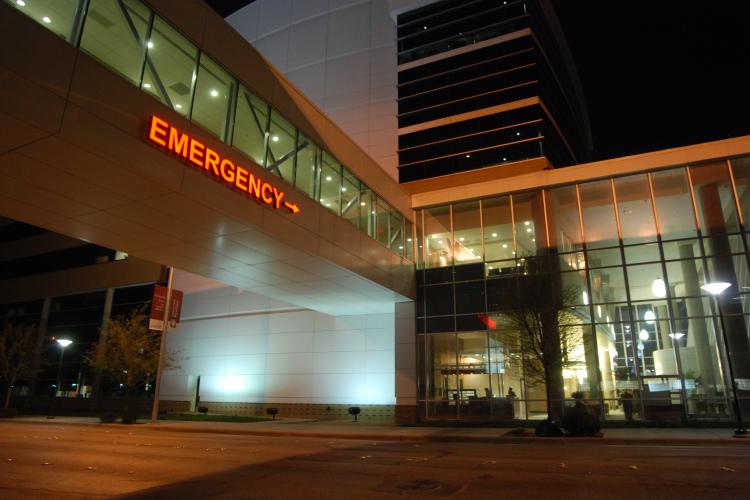
For the first time, JPS Health Network has hit the 99 percent mark when it comes to successfully resolving product recall cases.
“That’s a big deal and it couldn’t have happened without a total team effort,” said JPS Network Recall Manager J.C. Newell. “Everyone has to work together to make sure we get anything that could cause problems for our patients out of here.”
Newell’s job is to keep watch over the products JPS uses to treat and take care of the people it serves. That includes everything from medicine to surgical supplies, lab assays, the hospital’s blood supply -- even the food prepared in the kitchen for patients, team members and visitors. Newell constantly scans for products that have been recalled by their manufacturer or by a government agency and, when anything that could be dangerous to the people JPS serves is found, team members spring to action to pull the offending items off the shelf before they can do any harm. It’s important to handle every recall as quickly and thoroughly as possible, for safety’s sake.
In the 2018 calendar year, JPS responded to and remediated a total of 2830 recall alerts, according to Newell. Of the 113 health network units she teams with to monitor inventory, Newell said 79 percent of them handled their share of the recall list with a 100 percent completion rate.
“That is truly amazing teamwork, and it was the catalyst to us having a 99 percent recall response rate overall,” Newell said.
Not only do team members collect the questionable goods. Karl Janik, manager of Supply Chain Operations at JPS, said teamwork is also vital to making sure recalled items are processed quickly and correctly so they can be returned and replacement products can be stocked.
“It takes a lot of teamwork to get things collected and returned quickly so we can get a replacement or get the money back,” Janik said.
Newell said the biggest JPS recall items of 2018 were:
In November, there was a recall involving an administration set used with infusion pumps which failed to prime properly. More than 50 of the administration sets were returned and replaced.
Also, in November, International Normalized Ratio test strips were recalled by the manufacturer when it was determined that they were producing inaccurate or erroneous results. The INR strips, which cost more than $6,000, were collected and returned.
It made national news in late 2018 when there was an outbreak of E coli-related sickness caused by contaminated romaine lettuce. Newell said JPS pulled all the cases of the lettuce from its food storage facilities and pulled already prepared salads containing the lettuce from cafeteria shelves.
“It’s remarkable how people have teamed up to make sure our JPS patients and team members are protected from potentially unsafe products,” Newell said. “We plan to keep it up in 2019 and have an even bigger and better year.”
